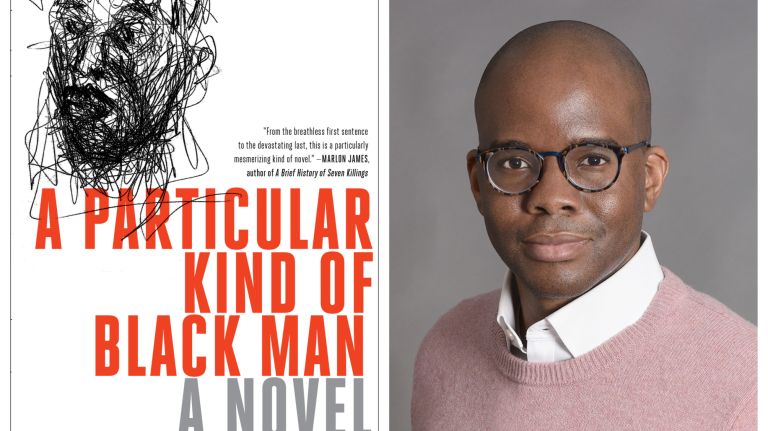
Several standout novels by first-generation Americans of color have been published in 2019. These books, including Etaf Rum’s “A Woman is No Man” and Ocean Vuong’s brilliant “On Earth We’re Briefly Gorgeous,” draw loosely from their authors’ unique — and too often unheard — experiences. Now add to that list Tope Folarin’s strong debut, “A Particular Kind of Black Man,” which follows a child of Nigerian immigrants trying to grow beyond the abuse, poverty and otherness of his youth.
Tunde and his brother are born and raised outside Salt Lake City, Utah. Their mother, ill and angry, abuses Tunde. It’s heartbreaking as he tries to process his love for his mother despite feeling that the “only evidence I had of [her] love were the scars she’d engraved on my body.”
Eventually his mom returns to Nigeria, leaving the boys to be raised by their father, an immigrant for whom the American Dream remains frustratingly elusive. Tunde’s father remarries and the family begin operating an ice cream truck in their all-white suburban neighborhood. While the business starts to succeed, we see evidence of his dad’s conviction that “everyone in this country is a racist.”
The family moves to Texas, but Tunde continues to struggle with reconciling the kind of black man he imagines he should become — one who would be accepted — with the examples set by those in his life, a process that intensifies once he attends college out east.
Folarin questions the reliability of memory, and biography in general, as Tunde begins to misremember that which never was. The novel threatens to devolve into juvenile pining for a first love, but Folarin rescues it with a touching, almost illusory coda, as Tunde confronts his mother’s ultimate legacy.




































